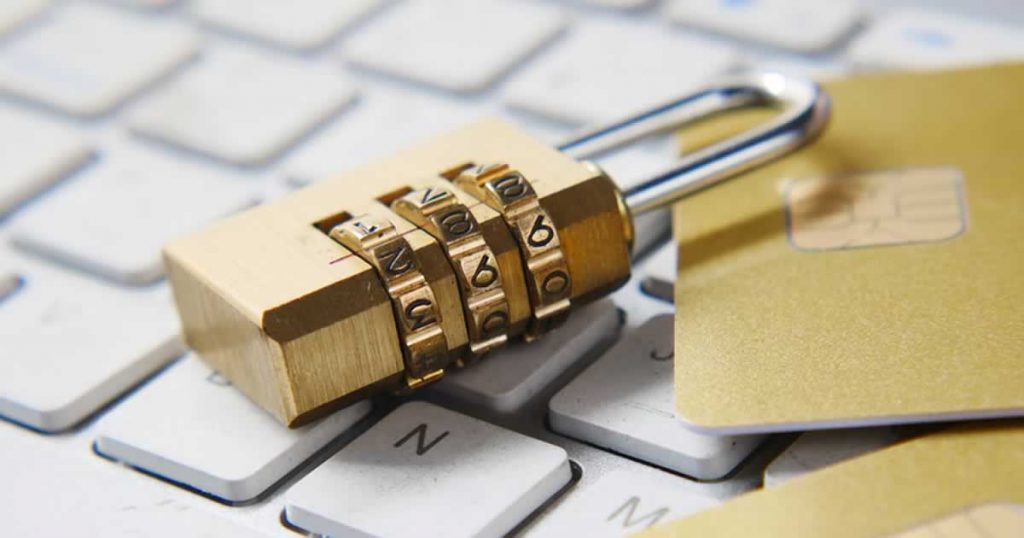Despite the fact that online security has been a prominent concern, 2022 is no different. Personal identifying information is the major target of most consumer fraud attempts. Protecting oneself against scams like identity theft and fraud seems to be on the minds of business owners as well as the regular consumer.
In the same way that you are a business owner, you are also a consumer. According to research, 87 percent of American citizens believe that cybercrime is a bigger risk to their well-being than global warming.
A Consumer’s Guide on Avoiding Scams Online
Avoiding being a victim of fraud should be your number one goal. You may not know where to begin, but here are five technologies that constantly prevent fraud:
1. VPN
VPNs are more than just a piece of corporate technology. When it comes to protecting yourself from scams, this is among the most disregarded methods. Only a third of respondents said they use a VPN as part of their personal digital security arsenal, according to a recent survey.
Using a virtual private network (VPN) is a simple way to combat online fraud. In a café, library, doctor’s office, or any other public venue, you may be able to connect to Wi-Fi. If you don’t use a VPN, your data travels across a public Wi-Fi network and can be intercepted by hackers on the same network. Internet traffic is routed through a distant server that hides and encrypts your identity, whereabouts, browser history, and more when using a virtual private network (VPN). For an additional layer of protection against fraud, several VPN services give users spam calls and robocall prevention.
2. SSL
Websites and apps that use SSL (Secure Socket Layer) encryption are protected. When purchasing or transacting online, there are a few easy things to keep an eye out for. One of the most important security precautions that we all seem to ignore is the use of HTTPS URLs.
Check for a green padlock in the URL bar if you are using a banking website or if you are purchasing something online. The URL should always be encrypted with HTTPS. Mobile banking apps should only be downloaded from the official bank account and never from a third-party site requesting access to your account information.
Following this trend, sectors such as the online entertainment already have SSL certifications. If you are looking for such websites, then you can easily find out more about such casinos in NZ on Casino Reviews with ease. For example, the online spin casino offer a huge catalog of casino games for those who love slots, poker, table games, etc. Furthermore, if you want to test their lucky can play with a real online dealer instead of playing again electronic machines. Regarding the payment, thanks to the Secure Socket Layer, you can play and make transactions safely on these platforms, pay with cryptocurrencies or your PayPal account which will ultimately help you improve your gaming experience online.
Overpayment fraud, check-cashing forgery, hacking, uninvited check fraud, or auto-withdrawal fraudulent activity might occur if you don’t keep an eye out. A secure URL with the correct spelling and domain name, in addition to exclusively utilizing encrypted mobile apps when making purchases, can help prevent fraud.
3. Two-Factor Authentication
You’ve probably heard it before: Use a strong password to protect your account. Passwords are something that most of us only do once, just to ensure we don’t forget it. For the sake of convenience, most of us just append a few random numbers to the end of previously used passwords. However, in this day and age of cybersecurity, this is no longer sufficient.
Here are a few password guidelines to keep in mind:
- Use a password manager to keep track of all of your passwords.
- All accounts should have two-factor authentication enabled.
- Ensure that each password has at least 12 characters in length.
- Include syllables, digits, and letters in both upper- and lowercase.
- Avoid using words that are too obvious.
- Don’t make any obvious alterations.
- Don’t use keywords in your URLs.
- Passwords should not contain any personal information that might be easily guessed, such as your date of birth or street address.
4. Identity Theft Prevention Tools
In order to find out if your personal information is being sold on the dark web or in public records, identity theft prevention firms do scans. By constantly monitoring the dark web and user behavior, it is easier to detect possibly unauthorized transactions or access. These tools are set up to constantly monitor your data for breaches and alert you if one is discovered.
It’s possible to link practically any online account with an identity theft protection software and have it continuously search for stolen information, such as your debit and credit card accounts, loyalty cards, IRAs, and savings accounts. Detect high-risk activity, generate a transaction risk score to assess if a transaction is authentic, detect fraudulent behavior, and inform consumers when illegal activity is found through the use of these security technologies.
5. Anti-Malware Tools
Malware is a frequent strategy used by hackers to conduct fraud. A hacker can employ malware to obtain access to a device, steal private data, or carry out criminal goals. Viruses, worms, malicious software, weird spyware, and ransomware are all examples of harmful software that can harm your computer.
Whether you’re using your computer or smartphone for personal or business purposes, malware protection is necessary. By fooling you into clicking on a malicious link or software configuration from an untrusted source, hackers get access to your device. Phishing scams frequently use these links as a typical file or attachment in emails.
In addition to data theft, modification, encryption, and deletion, malware can also perform a wide range of other functions. Your device’s essential functions can be hijacked, or your battery life or network speed can be drained. It’s to your greatest advantage to employ malware analysis tools to secure your business and personal devices.
Constant Security Is a Must
No matter whether you are a consumer or CEO, your identity is at risk online, and it’s up to you to safeguard it. In order to protect oneself from being a victim of fraud, you must get familiar with its telltale indications of it. On a personal and professional level, this information can help prevent and battle fraud.

